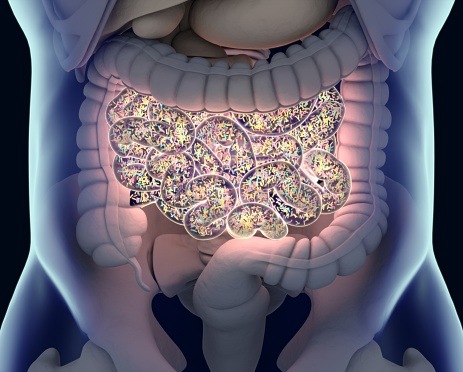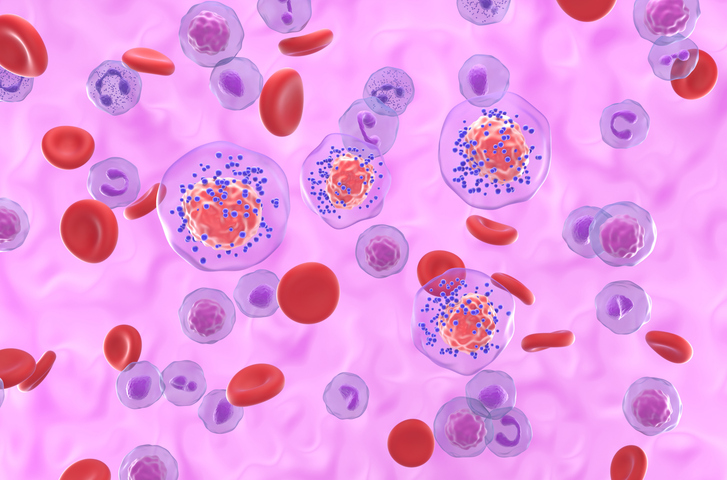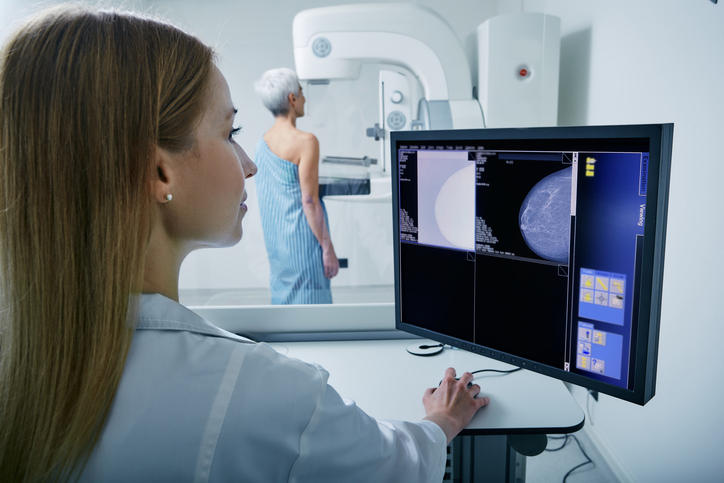
A study published in Cancer Research found that gut bacteria can play a role in breast cancer metastasis. Researchers from the University of Virginia Cancer Center found that disrupting the microbiome of mice caused hormone receptor (HR)-positive breast cancer to become more aggressive and spread. Most breast cancers (65% or more) are HR+.
“When we disrupted the microbiome’s equilibrium in mice by chronically treating them antibiotics, it resulted in inflammation systemically and within the mammary tissue,” said author Melanie Rutkowski, PhD. “In this inflamed environment, tumor cells were much more able to disseminate from the tissue into the blood and to the lungs, which is a major site for HR+ breast cancer to metastasize.”
Our labs maiden voyage … first data paper. I am so incredibly proud of my group…they (especially Claire Rosean) worked tirelessly, my colleagues for constantly refocusing me, my department and UVA for the support, and Susan G Komen for the funding! https://t.co/2MAcmXPEsw
— Melanie Rutkowski (she/her) (@RutkowskiLab) May 9, 2019
The connection between the gut, inflammation, and breast tissue
Researchers altered the rodents’ natural gut bacteria balance by giving them chronic antibiotics and performing a fecal microbiota transplant of dysbiotic fecal contents. This resulted in inflammation systemically and within the mammary tissue, according to the authors. In the inflamed environment, tumor cells spread from the tissue into the blood and lungs, which Dr. Rutkowski called a major site for HR+ metastasis.
The researchers suggested that an unhealthy gut microbiome may be an early predictor of invasive or metastatic breast cancer.
The study is limited because it is a murine model, and the results may not be generalizable to humans. However, the researchers advised maintaining a healthy microbiome by adopting a healthy diet and getting exercise and sleep.







 © 2025 Mashup Media, LLC, a Formedics Property. All Rights Reserved.
© 2025 Mashup Media, LLC, a Formedics Property. All Rights Reserved.